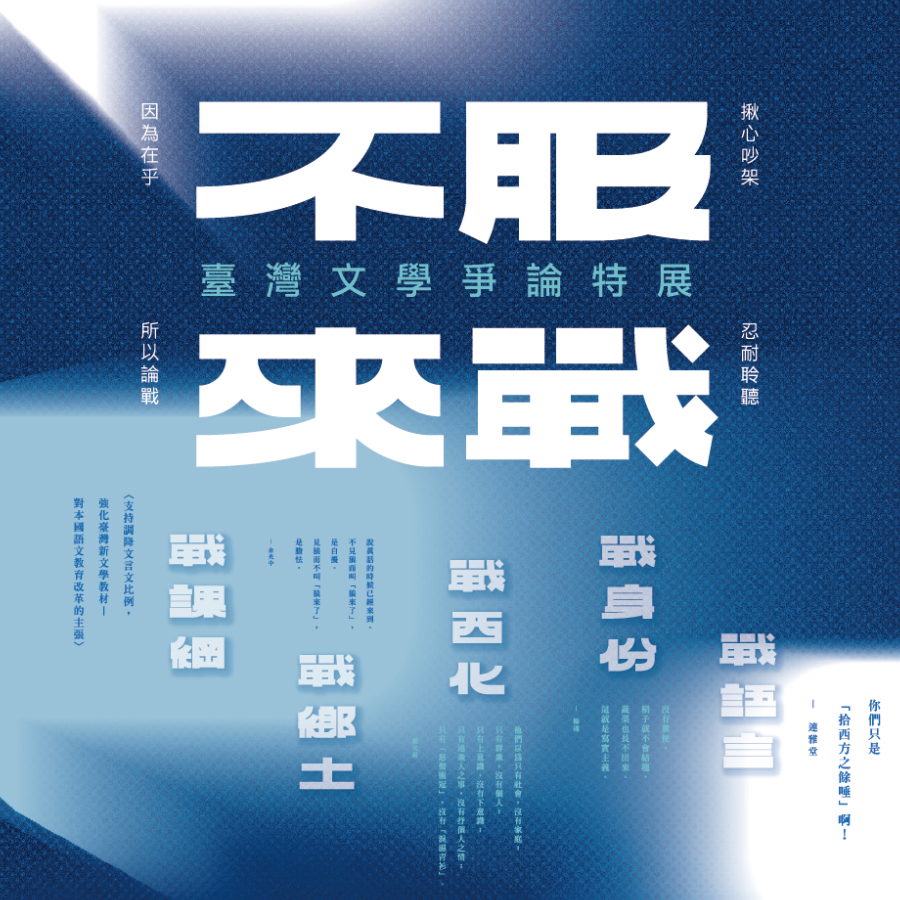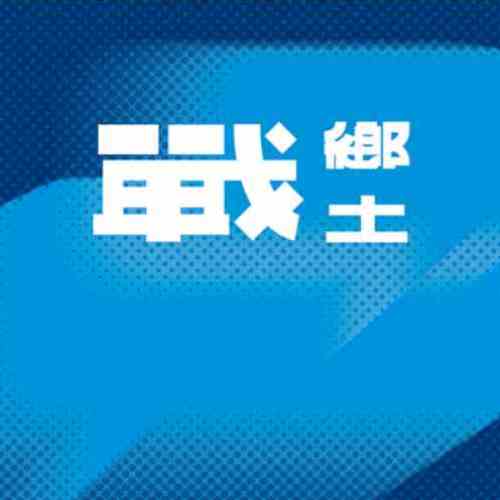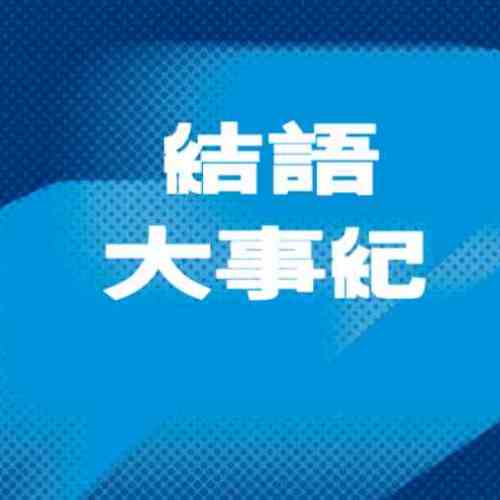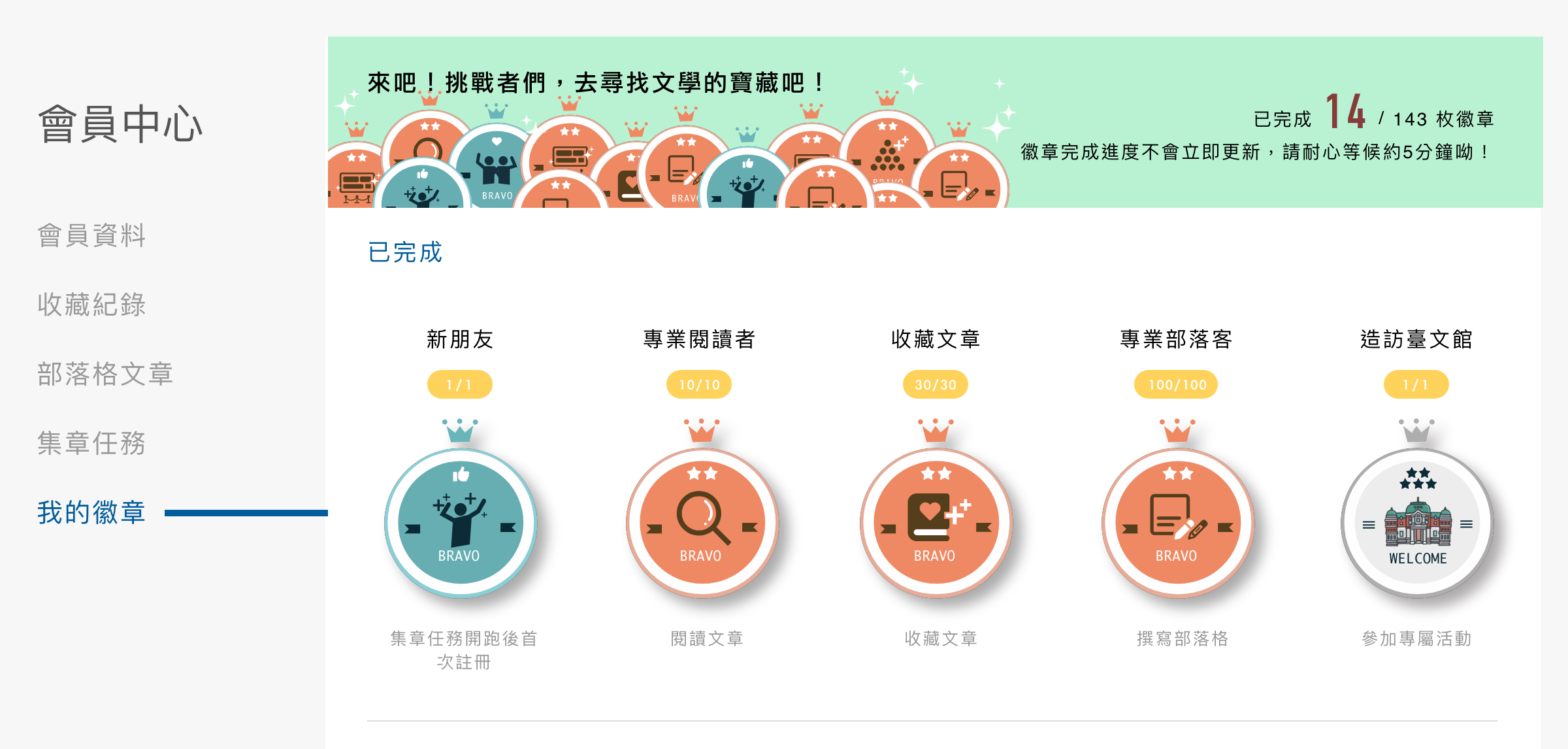Dimension of Debate over Classical and Modern Chinese
As the educational reform progressed, the fight between Classical and Modern Chinese for the Chinese textbook surfaced and became the most important literary issue in society. When writers began to talk about compulsory education, it meant that they were no longer oppressed by politics; instead, they could affect politics...
【The Main Argument】
The debate over classical and modern Chinese involved the issues of "language" and "identity" in the education system. The "traditional values" upheld by certain ideologies were like iron walls, restricting the development of literary education. The Taiwanese New Literature Movement began from the criticism of classical literature in "the debate on new and old literature," and after one hundred years, a debate over classical and modern Chinese erupted once again. Another debate over "modern vs. classical" started again, reminding us of the unfinished business of Taiwanese new literature. Though "the debate over classical and modern Chinese" was an educational issue, it attracted many writers to join the fight. The arguments made by the two opposing sides also inherited the aforementioned issues including language, reality, identity, tradition, and literary value. This debate carried a symbolic meaning.
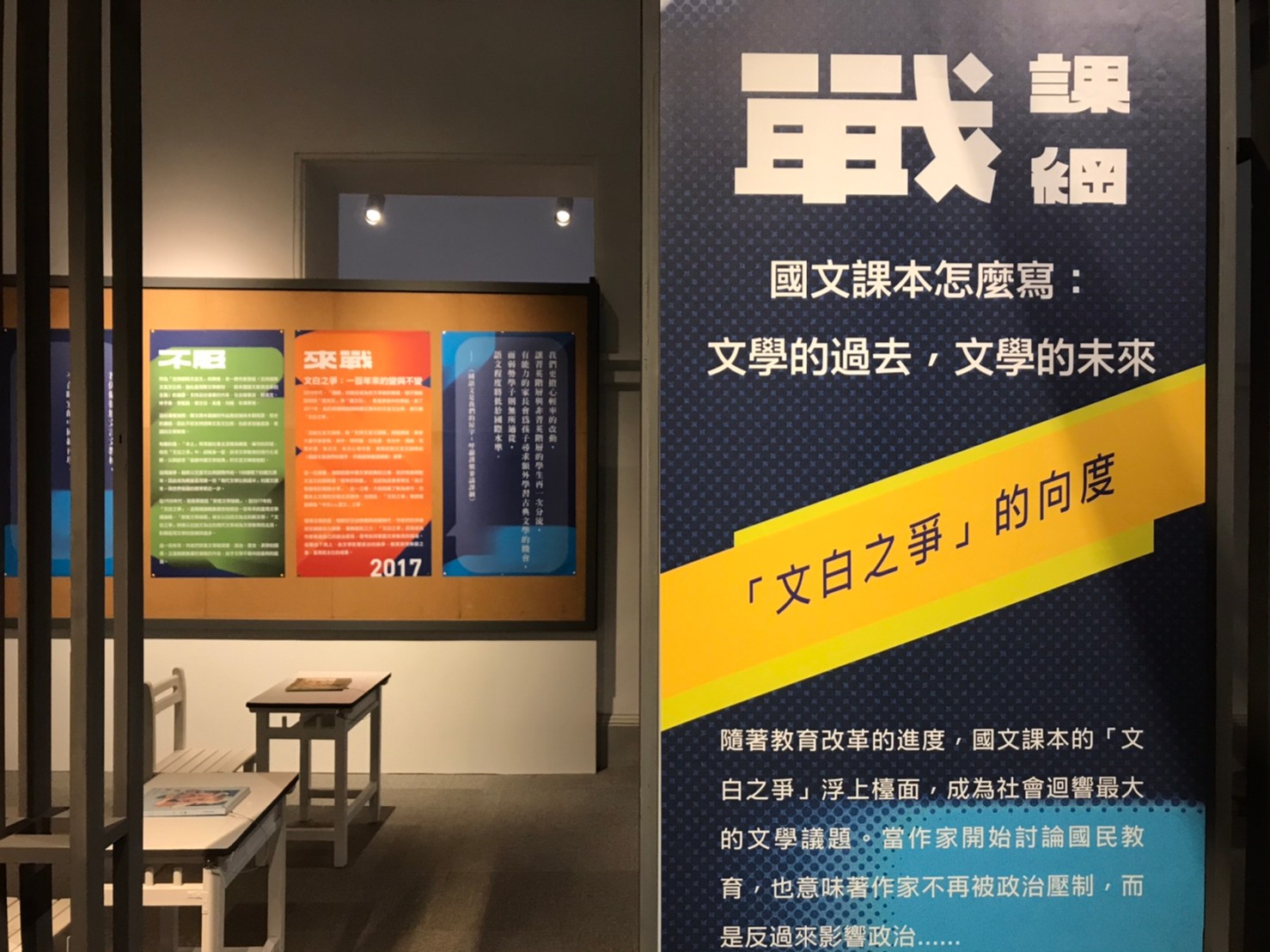
◎Debate over Classical and Modern Chinese: changes and invariance over the past hundred years (until 2017)
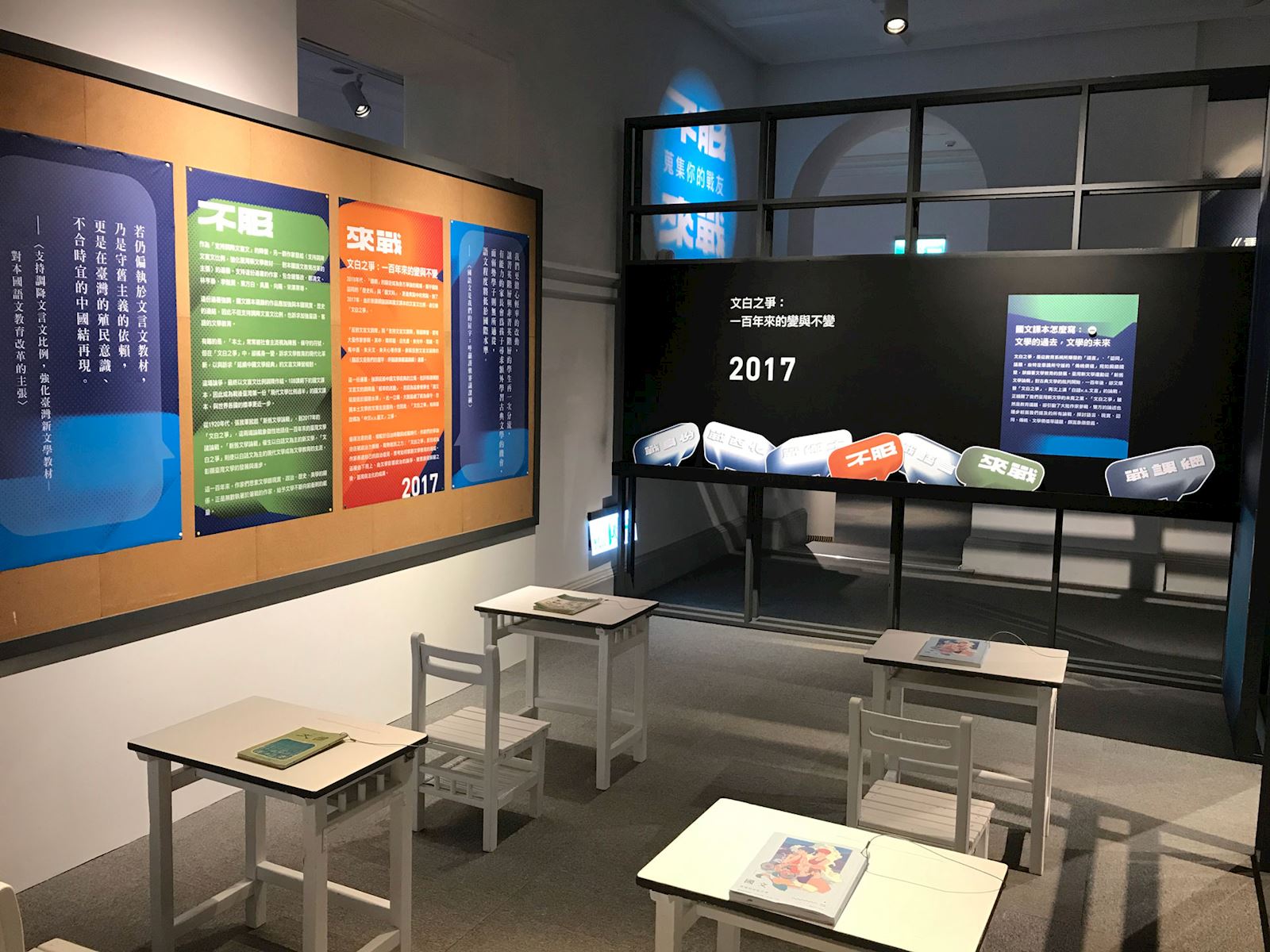
.png) "The Chinese Language Is Our Home: A Call for Discretion in Deliberation on the National Curriculum" "We are more worried that a hasty alteration will again divide elite and non-elite students. Capable parents will seek opportunities for their children to learn classical literature, whereas unprivileged students will be at a loss and their language competence will drop below the international standards."
"The Chinese Language Is Our Home: A Call for Discretion in Deliberation on the National Curriculum" "We are more worried that a hasty alteration will again divide elite and non-elite students. Capable parents will seek opportunities for their children to learn classical literature, whereas unprivileged students will be at a loss and their language competence will drop below the international standards."In the 2010s, the formulation of the "national curriculum" became the battlefield of different standpoints. In particular, "history" and "Chinese," which involved national identity, became the main focus. In 2017, the debate over classical and modern Chinese erupted due to the tentative reduction of classical Chinese in Chinese textbooks.
Two opposing sides, "Opposition against Reduction of Classical Chinese" and "Support for Reduction of Classical Chines," involved a wide array of writers. Pang-Yuan Chi, Hsien-Yung Pai, Kwang-Chung Yu, Jian Zhen, Zhong-Yuan Sima, Tien-wen Chu , and Tien-Hsin Chu all participated in the petition "The Chinese Language Is Our Home: A Call for Discretion in Deliberation on the National Curriculum," against the reduction of classical Chinese.
The petition emphasized continuing the stance that Chinese literature was the rightful literature, while accusing the reduction of classical Chinese in the national curriculum of being a hasty alteration. They also believed that this would cause students' "language competence to drop below international standards." This standpoint was generally an extension of the mainstream conservative trend that neglected nativist literature. As a result, this debate sometimes has been interpreted as a fight between "Chinese vs. Taiwanese."
What is worth noting is that writers' arguments were often smothered by government powers in the Japanese rule period and the martial law period; in contrast, "the debate over classical and modern Chinese" allowed writers to express their political opinions and to ponder upon how to influence the literary education. This bottom-to-top argument attempted to influence politics by literature, demonstrating Taiwan's successful democratization after the martial law was lifted.
 "Supporting the Reduction of Classical Chinese and Strengthening Teaching Materials on Taiwanese New Literature: A Call for Revolutionizing Taiwan's Language Education" "The insistence on using classical Chinese teaching materials is reliance on conservatism. It is also a colonial mindset in Taiwan as well as an untimely complex about Chinese identity."
"Supporting the Reduction of Classical Chinese and Strengthening Teaching Materials on Taiwanese New Literature: A Call for Revolutionizing Taiwan's Language Education" "The insistence on using classical Chinese teaching materials is reliance on conservatism. It is also a colonial mindset in Taiwan as well as an untimely complex about Chinese identity."Another group of writers espousing the reduction of classical Chinese started the petition "Supporting the Reduction of Classical Chinese and Strengthening Teaching Materials on Taiwanese New Literature: A Call for Revolutionizing Taiwan's Language Education." These writers included Chao-Cheng Chung, Ching-Wen Cheng, Heng-Tai Lin, Kuei-Hsien Li, Dong-Fang Bai, Sheng Wu, Yang Xiang, and Ze-Lai Song.
The petition emphasized that the literary works included in the Chinese textbook must be more connected with reality and the history of Taiwan. Thus, they not only supported reducing classical Chinese in the textbook, but also demanded better literary education in Taiwanese as well as Hakka.
Interestingly, "nativism" was often seen as a symbol of old-fashioned conservatism by mainstream society. However, in the debate over classical and modern Chinese, it transformed into an appeal for a modern revolution of literary education, in opposition to the supporters of classical Chinese who demanded the continuance of classical Chinese literature.
The debate ended with the reduction of classical Chinese. The Chinese textbook based on the 2019 national curriculum became the first post-war textbook with "more than half of the text being modern literature," one step closer to the international standards.
From "the debate over new and old literature" initiated by Wo-Jun Zhang in the 1920s to "the debate over Classical and Modern Chinese" in 2017, these two debates symbolically marked the beginning and the end of the polemical exchanges on Taiwanese literature for almost one hundred years. "The debate over new and old literature" gave birth to new literature centering on modern Chinese, while "the debate over Classical and Modern Chinese" rendered modern literature written in Chinese the mainstream of literary education, demonstrating the progress and advancement of Taiwanese literature.
For almost a hundred years, writers contemplated on the relations among literature, reality, politics, history, and aesthetics. The numerous writers that dedicated themselves to the polemical exchanges propelled the progress of Taiwan's literature.
